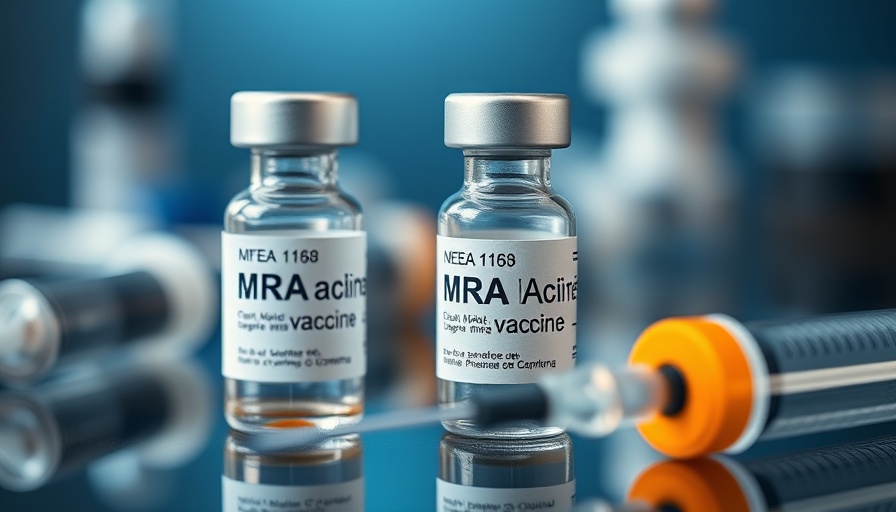
NIH Faces Criticism Over Funding Cuts for mRNA Vaccine Research
The National Institutes of Health (NIH) is at the center of a contentious debate following reports that officials have asked scientists to remove references to mRNA vaccine technology from their grant proposals. This shift in policy raises concerns about the future of mRNA research, which has made significant strides in the fight against infectious diseases and is considered a critical component in medical advancements.
The Impact of mRNA Technology on Healthcare
mRNA technology, instrumental in developing COVID-19 vaccines, is also being researched for applications beyond the pandemic, including cancer and other infectious diseases. The technology has been credited with saving millions of lives, yet its potential seems jeopardized amid federal funding controversies. The NIH's failure to prioritize such groundbreaking research presents alarming implications for the healthcare system.
Politically Charged Environment Threatening Scientific Progress
Under the Trump administration, NIH funding priorities have shifted dramatically. Emails obtained from the NIH reveal directives to terminate grants related to vaccine hesitancy, alongside the apparent disinterest in understanding public mistrust in vaccinations. This approach, championed by Robert F. Kennedy Jr., reflects a growing trend that challenges not only public health initiatives but also the integrity of scientific research.
The Future of mRNA Research: A Cause for Concern?
Scientists are increasingly apprehensive about the fate of mRNA-related funding following the recent cuts targeting vaccine hesitancy studies. The anxiety stems from a growing understanding that the termination of these grants could foreshadow similar actions against mRNA vaccine projects currently in the pipeline. Experts have noted that cancelling these grants would severely hinder pandemic preparedness and stifle innovations in cancer treatment.
Comparative Examples of Government Influence on Scientific Research
The ongoing changes in NIH funding echo past instances where government priorities have sidelined crucial scientific fields. For example, research surrounding LGBTQ+ health, diversity, equity, and inclusion has faced significant cutbacks. These reductions not only curtail knowledge advancement but also threaten equitable healthcare access for marginalized communities.
Implications for Global Health and Security
As health officials monitor the resurgence of childhood diseases like measles and understand the implications of vaccine hesitancy, it becomes increasingly important to continue research in this area. Ignoring public skepticism could result in devastating health outcomes, emphasizing that the need for balanced scientific inquiry is more crucial than ever.
Call to Action: Engage in the Discussion
As professionals invested in technology and health, it is critical to advocate for continued funding and research in mRNA technology and vaccine hesitancy. Engaging in discussions, supporting transparent policies, and promoting scientific integrity are key steps in ensuring that public health does not fall prey to political agendas.
The recent events concerning NIH's funding decisions send a warning signal to the scientific community—and to all of us invested in the future of healthcare innovation. Let’s ensure that the conversation on mRNA research and vaccine efficacy stays alive.
 Add Row
Add Row  Add
Add 




Write A Comment